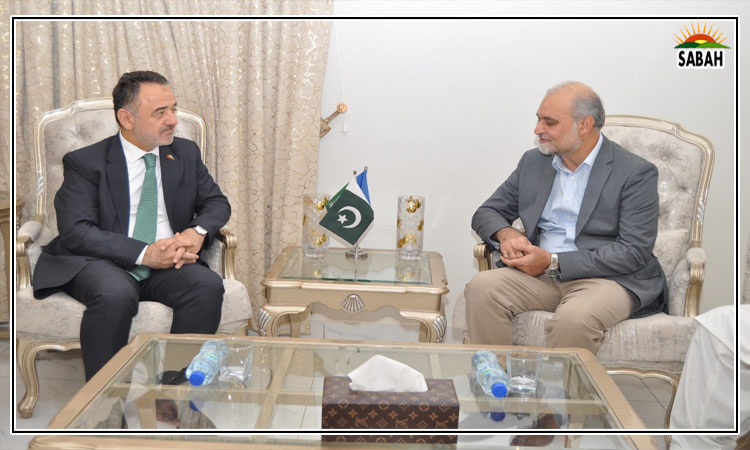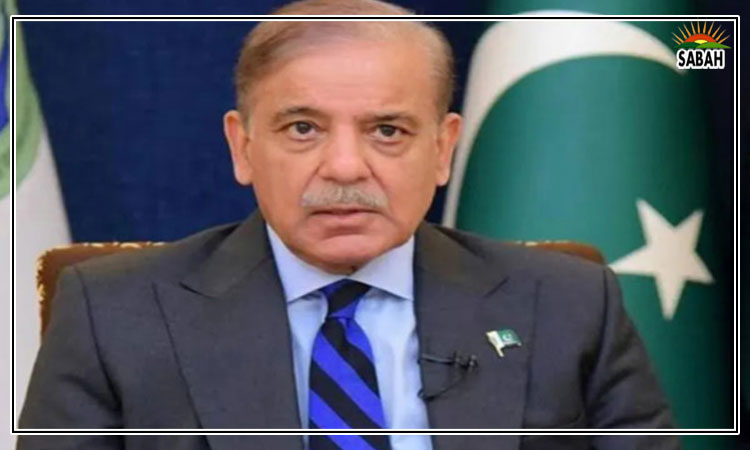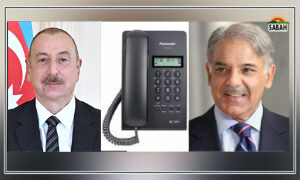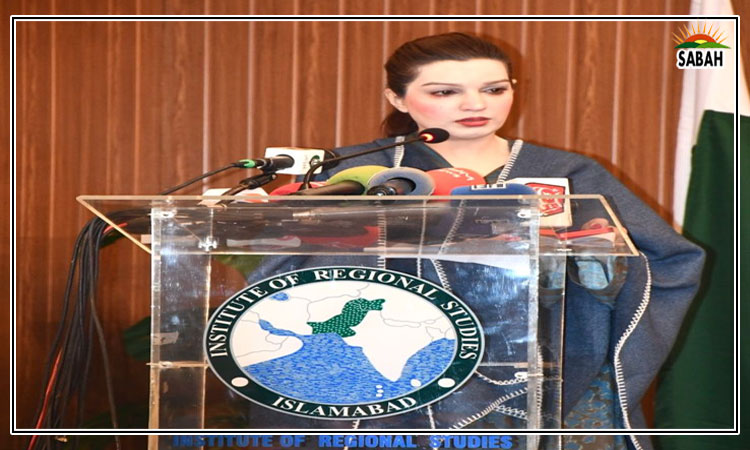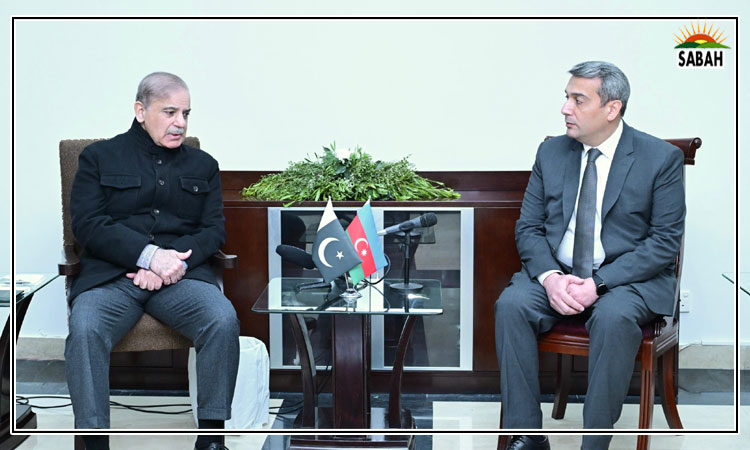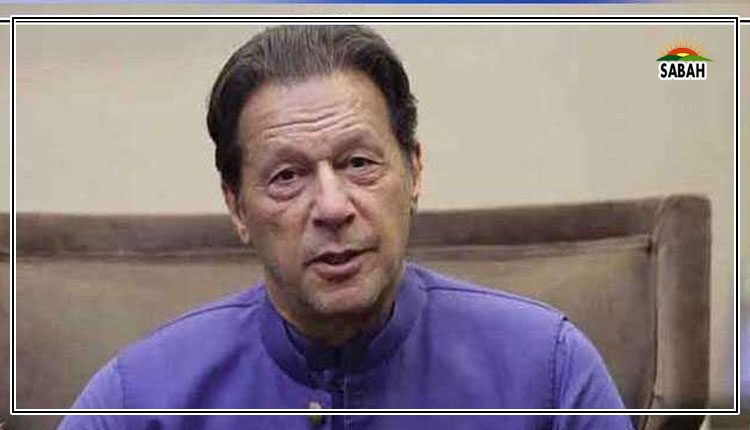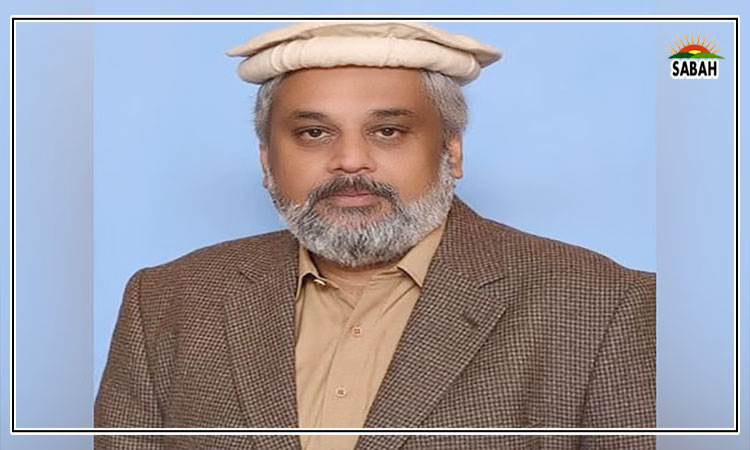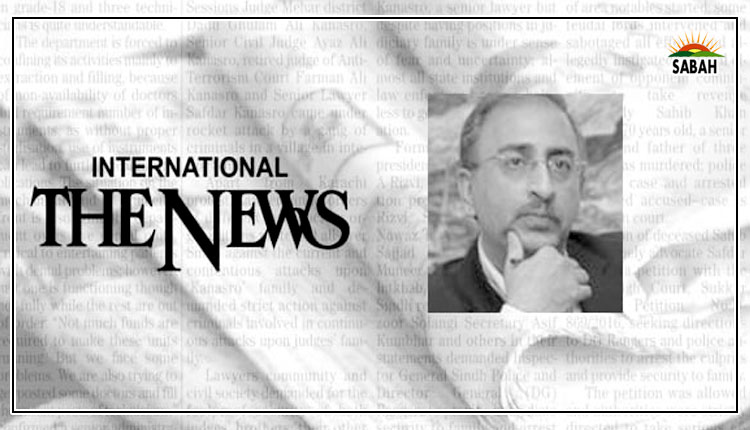Currency controls…. Dr Farrukh Saleem
A two-day Corps Commanders Conference was held at the GHQ from December 27 to December 28. On December 29, the PM met the COAS. On December 30, a meeting of the National Security Committee was held. This is a serious sequence of events. Security must have been at the top of the agenda. An unannounced financial emergency is already in place. I suspect that the dire state of the economy must have also come under discussion.
Currency controls are killing the economy. Currency controls are various forms of controls imposed by a government on the purchase/sale of foreign currencies by residents or the transfers of any currency across national borders. Our unannounced financial emergency comprises: limiting the opening of LCs for imports; freezing dividend repatriation of foreign companies operating in Pakistan ($1 billion); freezing repatriation of ticket sales of foreign airlines ($225 million); limiting import of chemicals used by refineries; freezing payment to Google Play Store ($34 million); limiting LCs for the defence sector; credit card restrictions and restrictions on diplomatic salaries.
Question: Do currency controls work? Answer: They have not worked in the following countries: Argentina, Algeria, Angola, Cameroon, Ethiopia, Egypt, Ghana, Mozambique, Myanmar, Nigeria, Sri Lanka, Tunisia and Zimbabwe.
Pakistan now has multiple exchange rates an interbank rate, open market rate, gray market rate, black market rate and a hawala market rate. Over the past few months, the difference between the interbank rate and the open market rate has ballooned to Rs25 to Rs35 per dollar. This has distorted prices of almost everything. This has impacted consumer decisions to the determinant of our economy. This has impacted producer decisions to the determinant of our economy. This has impacted investors decisions to the determinant of our economy. This has made exports uncompetitive (exports are down 15 per cent). Remittances through banking channels are sharply down. Exporters are holding back export receipts. Red alert: this is a vicious cycle.
The balloon will burst in Pakistan. Such balloons have burst in Argentina, Algeria, Angola, Cameroon, Ethiopia, Egypt, Ghana, Mozambique, Myanmar, Nigeria, Tunisia and Zimbabwe. When such balloons burst in Argentina, Algeria, Angola, Cameroon, Ethiopia, Egypt, Ghana, Mozambique, Nigeria, Tunisia and Zimbabwe their currencies nosedived 20 percent to 25 percent. When the balloon bursts in Pakistan the rate of inflation would hit 40 per cent to 50 per cent. The price of everything from petrol, diesel, wheat, cotton, edible oil, coal, LNG, medicines and pulses will go through the roof.
Currency controls do three things: restrict trade and investment, reduce growth, reduce international competitiveness, increase risk premium and create opportunities for corruption. We must end currency controls and let the rupee adjust to Pakistans economic fundamentals. Or risk a much, much deeper economic and currency chaos. Do we really want a complete lack of faith in our rupee?
Of the 8,008,276,917 people in the world no one knows what the rupee-dollar parity ought to be. The only entity that knows the rupee-dollar parity is the market. We are not letting the market play its role and as a consequence everyone in Pakistan will suffer. There will be shortages of everything from petrol, diesel, wheat, cotton, edible oil, coal, cardiac surgery supplies, LNG, medicines and pulses. The cost of living crisis is going to get much, much worse.
Is the PDM still thinking of an election in 2023 in the midst of a much, much deeper economic and currency chaos?
The writer is a columnist based in Islamabad. He tweets @saleemfarrukh and can be reached at: farrukh15@hotmail.com
Courtesy The News



